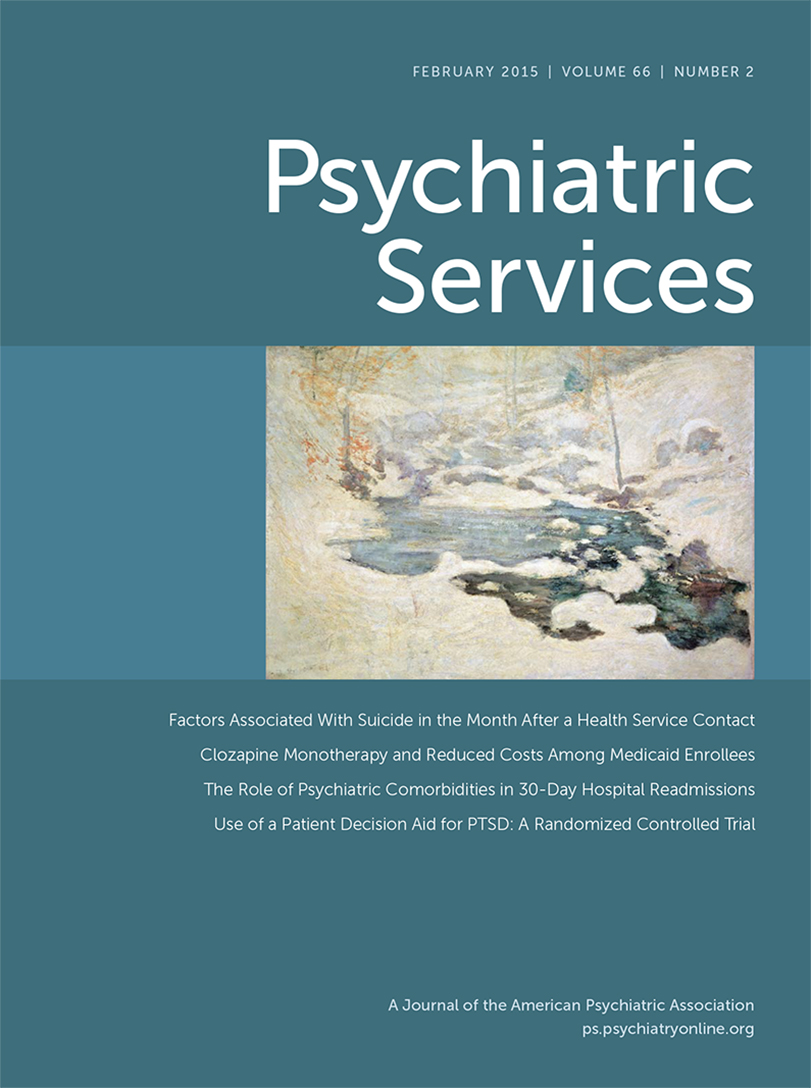Disability and Passing: Blurring the Lines of Identity
The book Disability and Passing, edited by Jeffrey A. Brune and Daniel J. Wilson, is a brave attempt to begin a discussion of the issue of disability identity. “Disability passing” refers to an individual who conceals a known impairment. This anthology of eight essays explores societal notions of what is normal and the collision of those norms with disability. It considers how this conflict influences an individual’s decision to pass or not to pass.
The book identifies both the large benefits and great costs of an individual’s efforts to pass as “normal.” On the one hand, people who work hard to “pass” avoid stigmatization and may gain opportunities that would otherwise be unavailable to them. Passing may diminish feelings of shame and low self-esteem. On the other hand, this pursuit of the appearance of normalcy is an active effort to deny a part of one’s identity that can result in psychological and physical costs. Although people who pass may gain opportunities, they may also lose important benefits and services.
Disability passing is a multidimensional issue with many contexts and perspectives. The editors of Disability Passing discuss diverse facets of the topic, from Southern slaves in the 1800s who passed as disabled to escape their hardship (and sometimes slavery) to elite athletes who have embraced their disability and will not be defined by it. Essays focus on various disabilities, including polio, hearing impairments, mental illness, and intellectual disability; one provocative essay covers passing as a nonmenstruator. The editors have been very ambitious with their subject, reflecting on many disabilities, different time periods, and the interface of disability with stigma and societal and cultural norms. Unfortunately, disability and the management of identity sometimes get lost in the discussion of various contexts.
Just as identity is not static, but changing and dynamic, cultural mores are not static, but changing and dynamic. The recognition of the multidimensional person tends to blur the lines of normality and will make passing as such less important over time. The self-advocacy movement, which is mentioned in one essay, promotes this idea as well.
The editors provide an admirable avenue to begin a discourse on an important topic. For me this book has already generated interesting and illuminating discussions with colleagues, friends, and peers. I encourage you to read, discuss, and enhance the conversation about all aspects of disability identity, stigma, and social influences.



